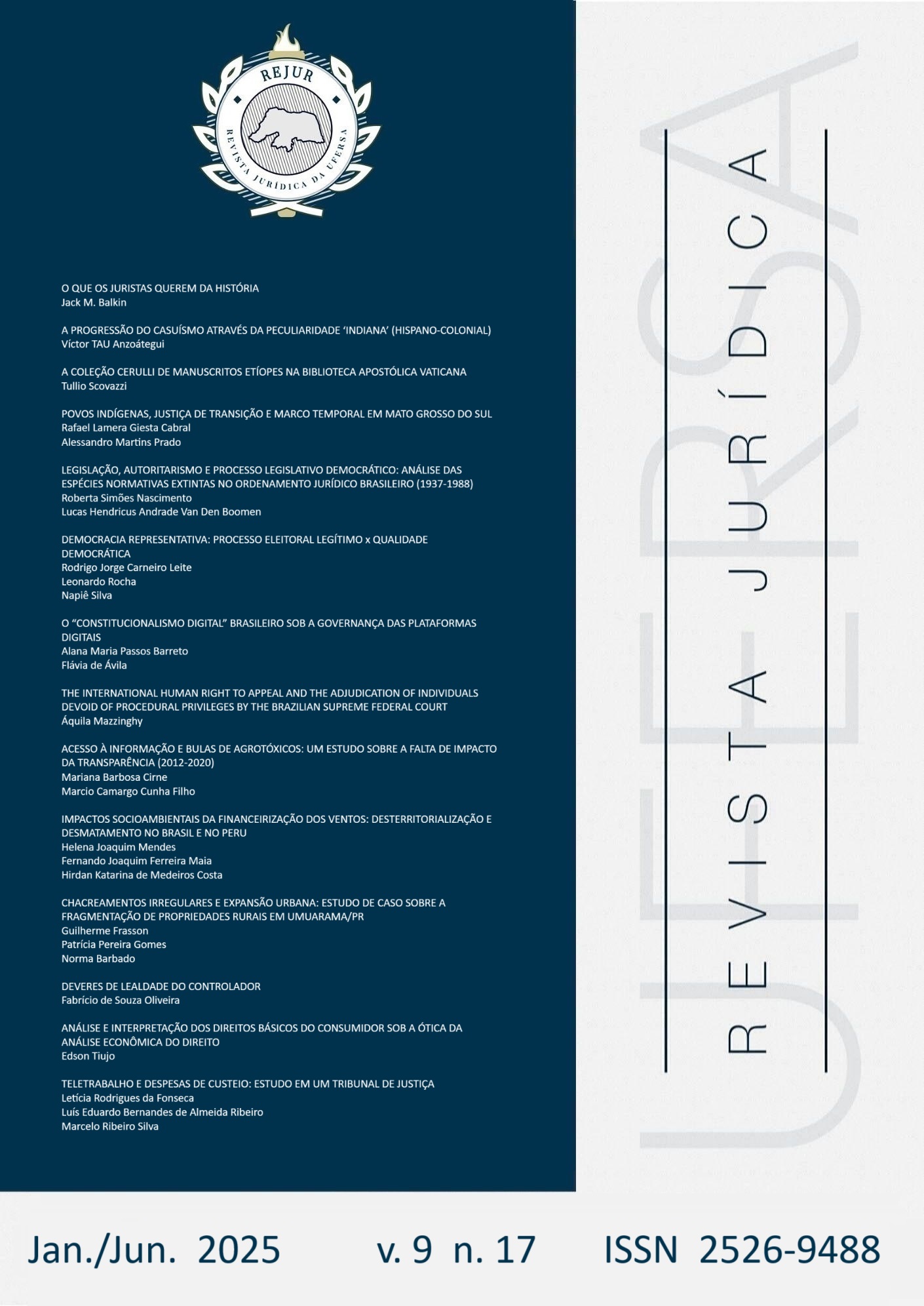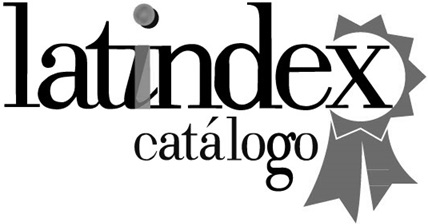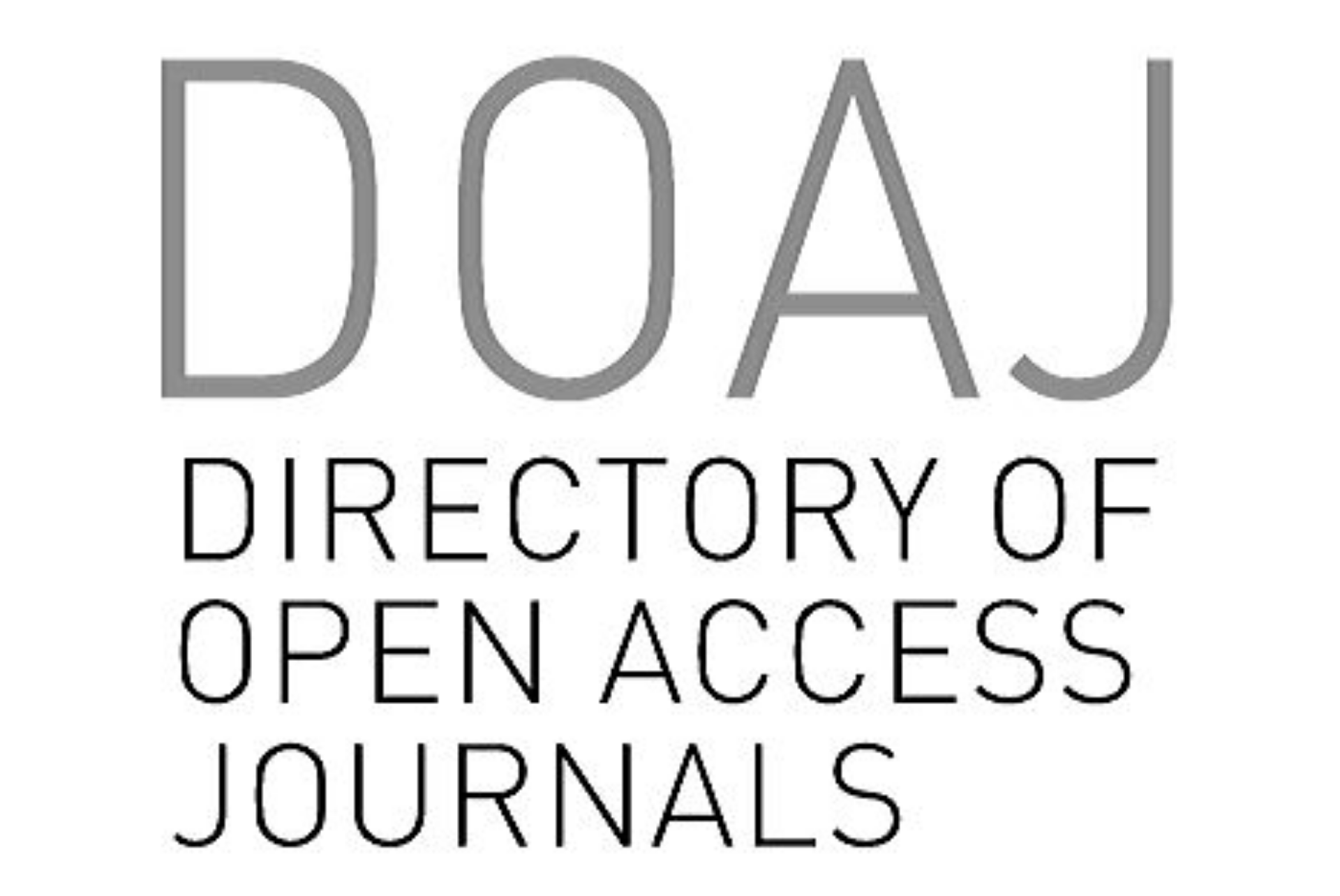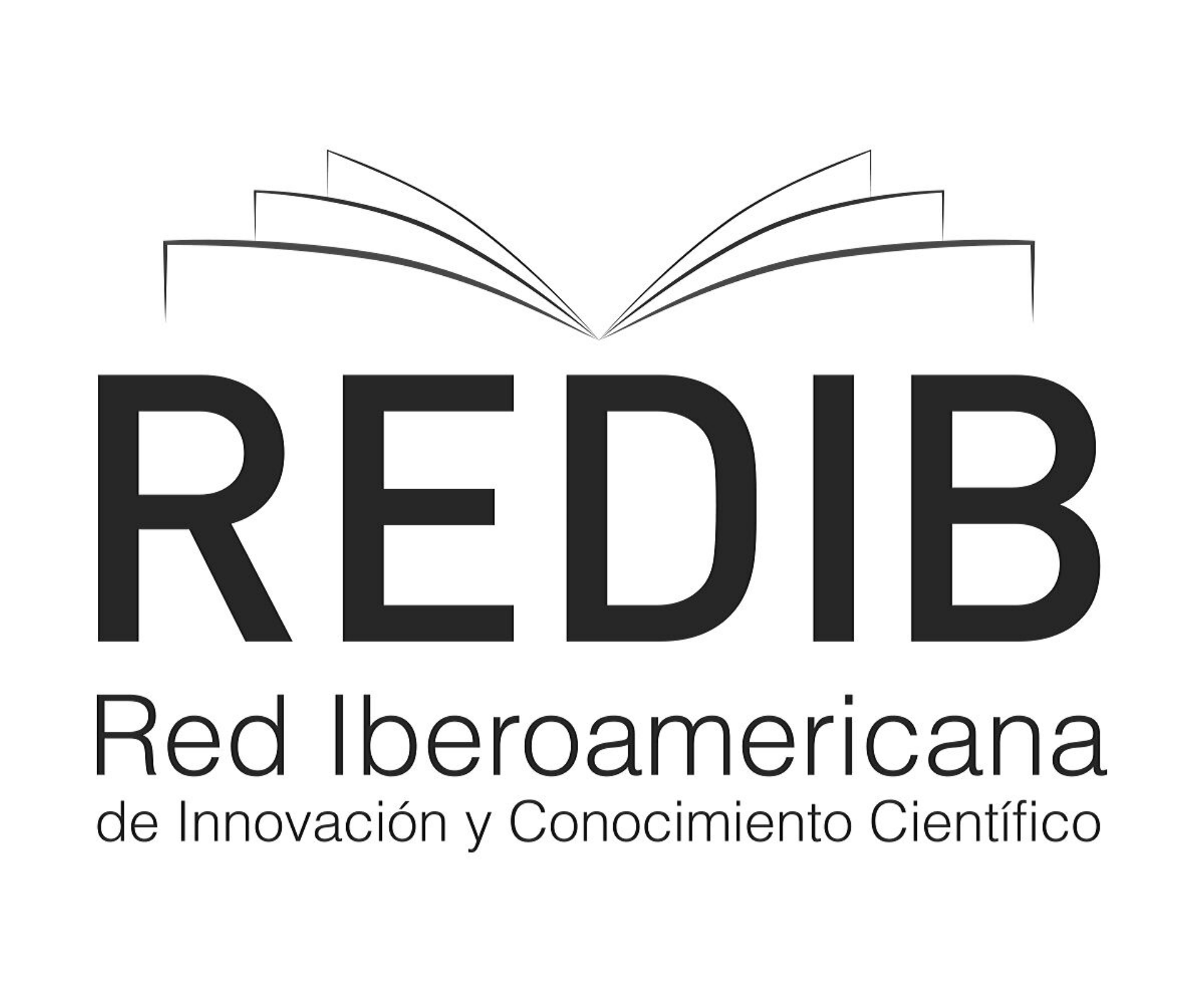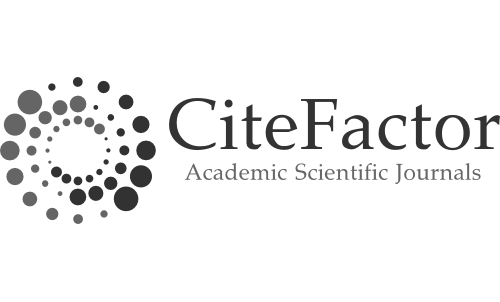English The international human right to appeal and the adjudication of individuals devoid of procedural privileges by the Brazilian Supreme Federal Court
DOI:
https://doi.org/10.21708/issn2526-9488.v9.n17.p176-212.2025Abstract
This paper provides a theoretical and jurisprudential review of the right to appeal and the concept of procedural privilege, examining their implications for the rule of law and access to justice. In particular, this paper explores how the Brazilian Supreme Federal Court's handling of individuals without procedural privileges may violate the right to appeal outlined in International Human Rights Law. To address this research question, the study analyzes international human rights standards applicable to individuals facing adjudication by domestic courts, focusing on the International Covenant on Civil and Political Rights (ICCPR) and the American Convention on Human Rights (ACHR). The research employs doctrinal and comparative methods, integrating legal and jurisprudential analyses. This study offers valuable insights into fair trial rights under international law by examining how Brazil's specific judicial challenges highlight broader global issues related to judicial authority and human rights protection. This paper indirectly examines whether the Brazilian Supreme Court's handling of Inquiry 4781 infringes upon the human right to appeal.
Downloads
Dowloads
Pubblicato
Fascicolo
Sezione
Licenza
Copyright (c) 2025 UFERSA's Law Review

Questo volume è pubblicato con la licenza Creative Commons Attribuzione - Non commerciale - Non opere derivate 4.0 Internazionale.
Ao enviarem seus artigos, os autores concordam com os seguintes termos: 1. Cede-se à REJUR, gratuitamente e sem regime de exclusividade, seus direitos autorais; 2. Confere-se à REJUR os direitos de primeira publicação, permitindo-se o livre compartilhamento dos artigos veiculados em formato PDF; 3. Divulgações posteriores em periódicos, livros, obras coletivas ou eventos de qualquer natureza devem fazer referência à REJUR como meio de publicação original; 4. Os autores são responsáveis pelo conteúdo constante de seus textos; 5. o trabalho será licenciado também sob a Licença Creative Commons Atribuição-NãoComercial-SemDerivações 4.0 Internacional.

